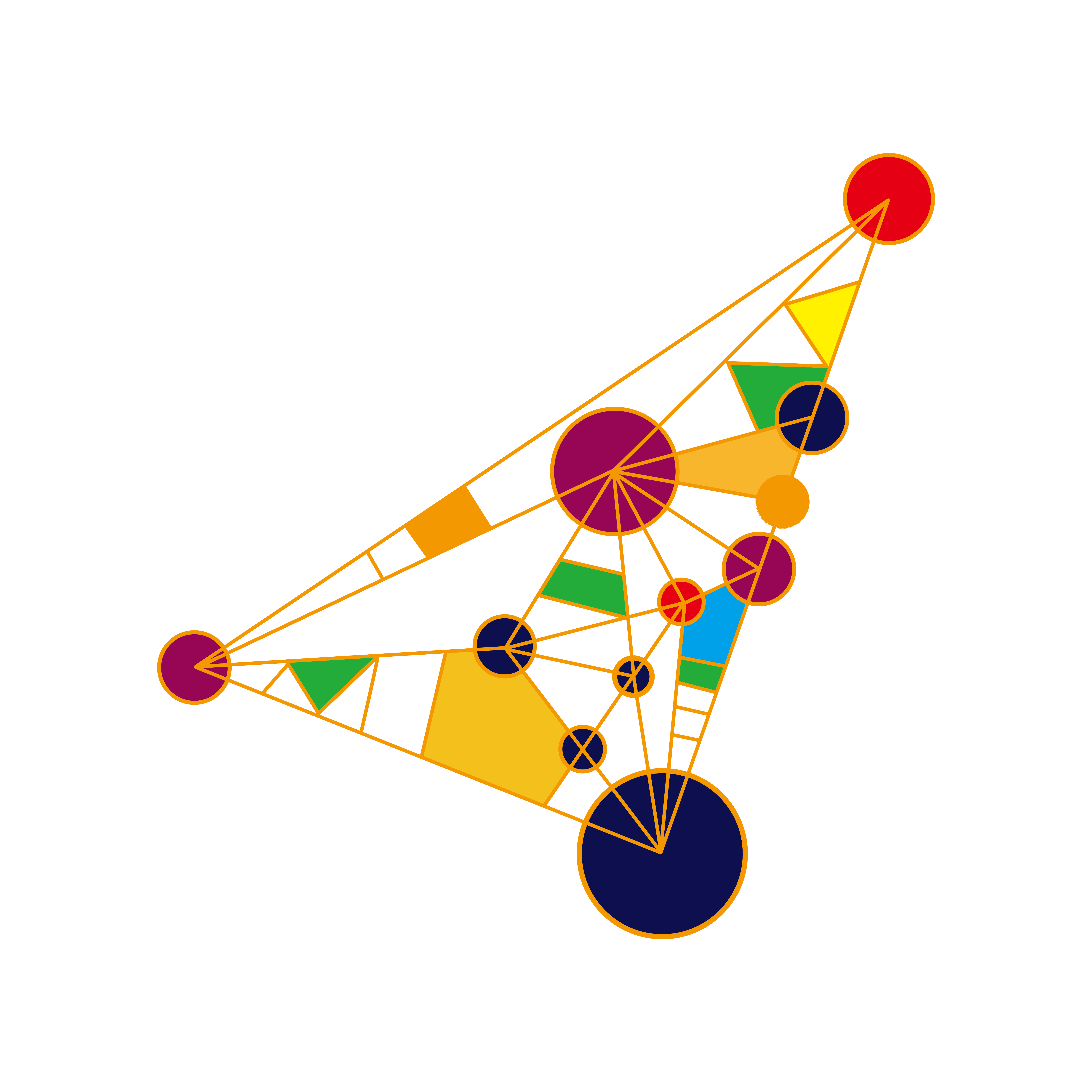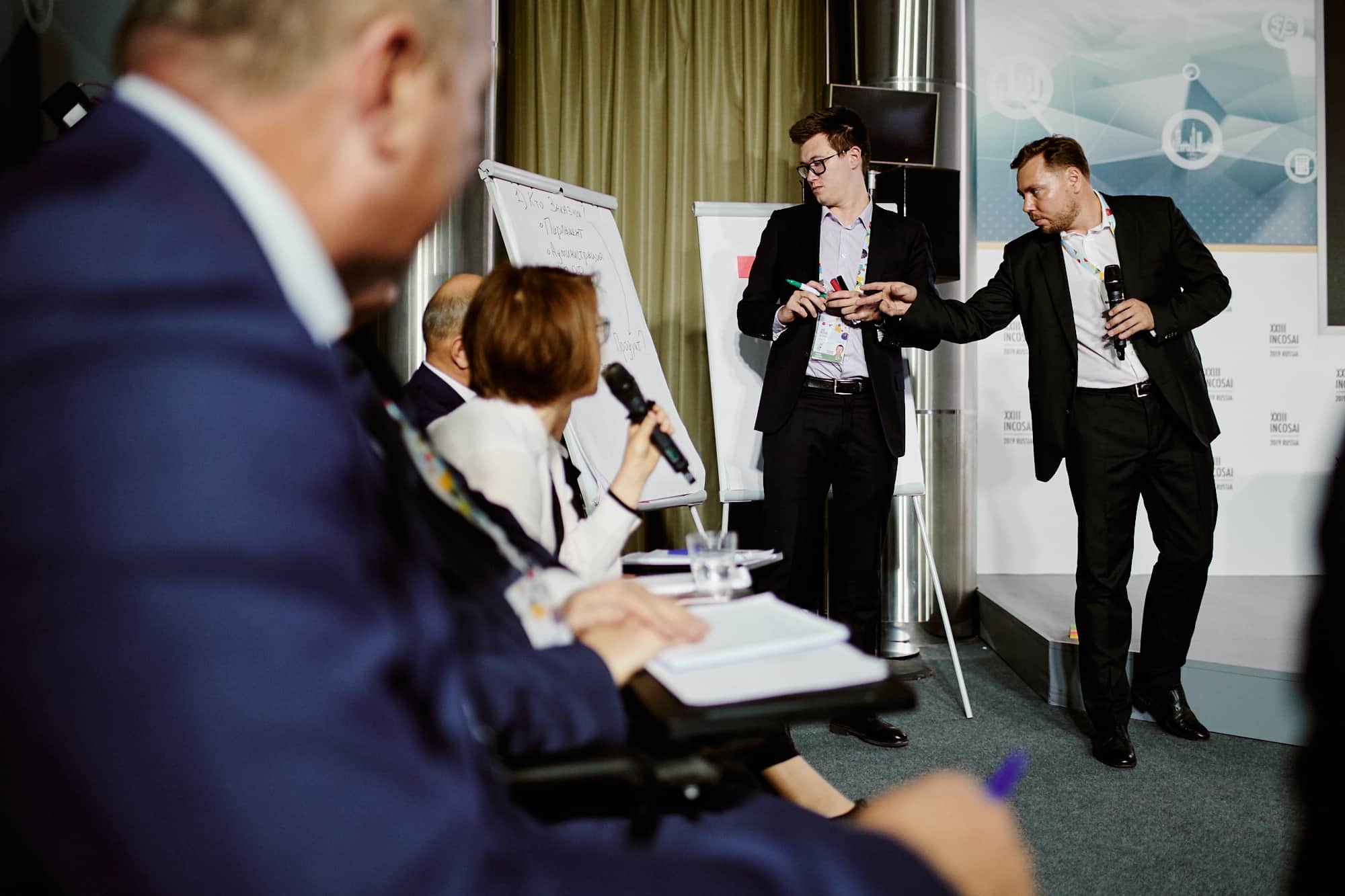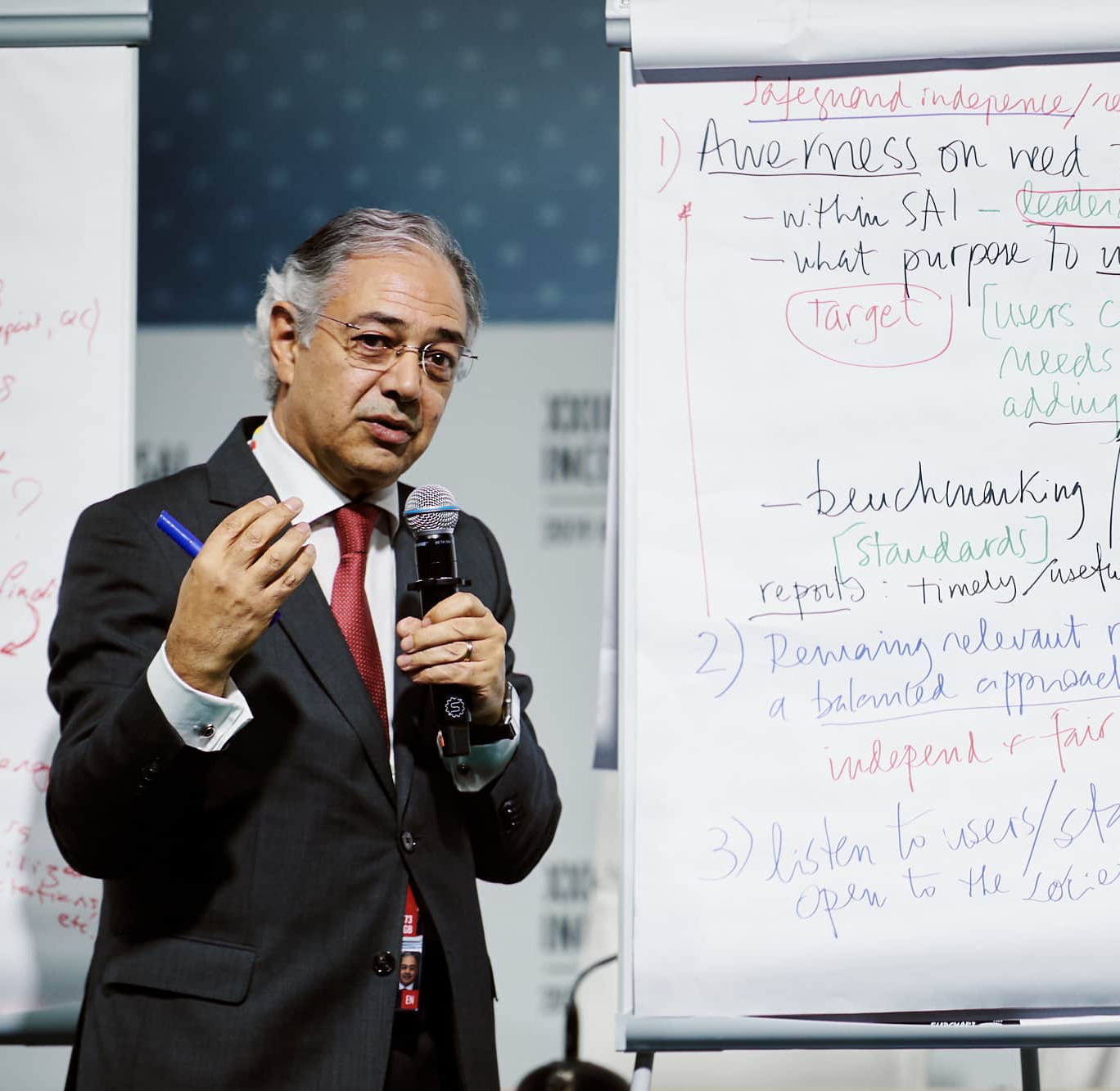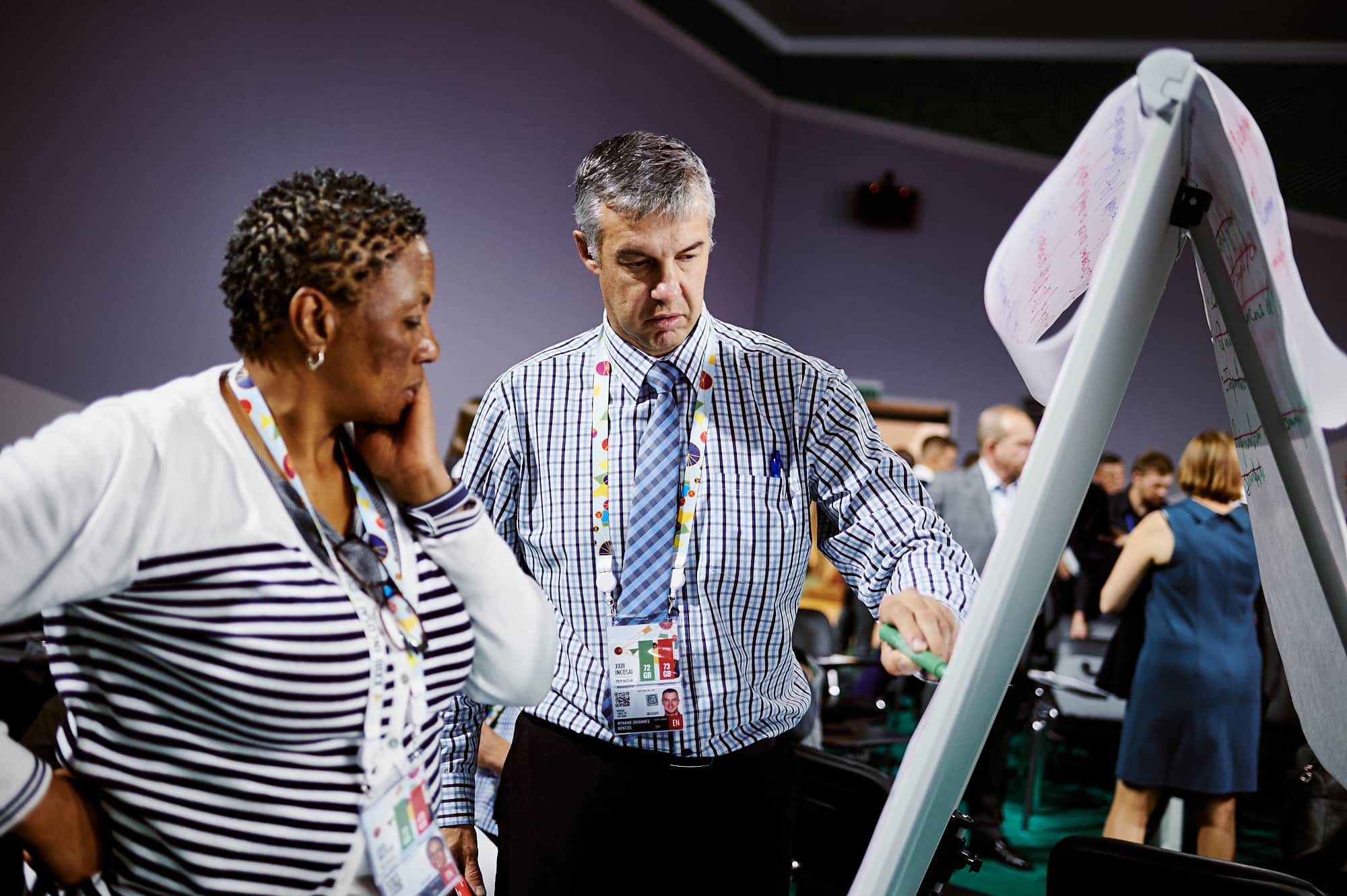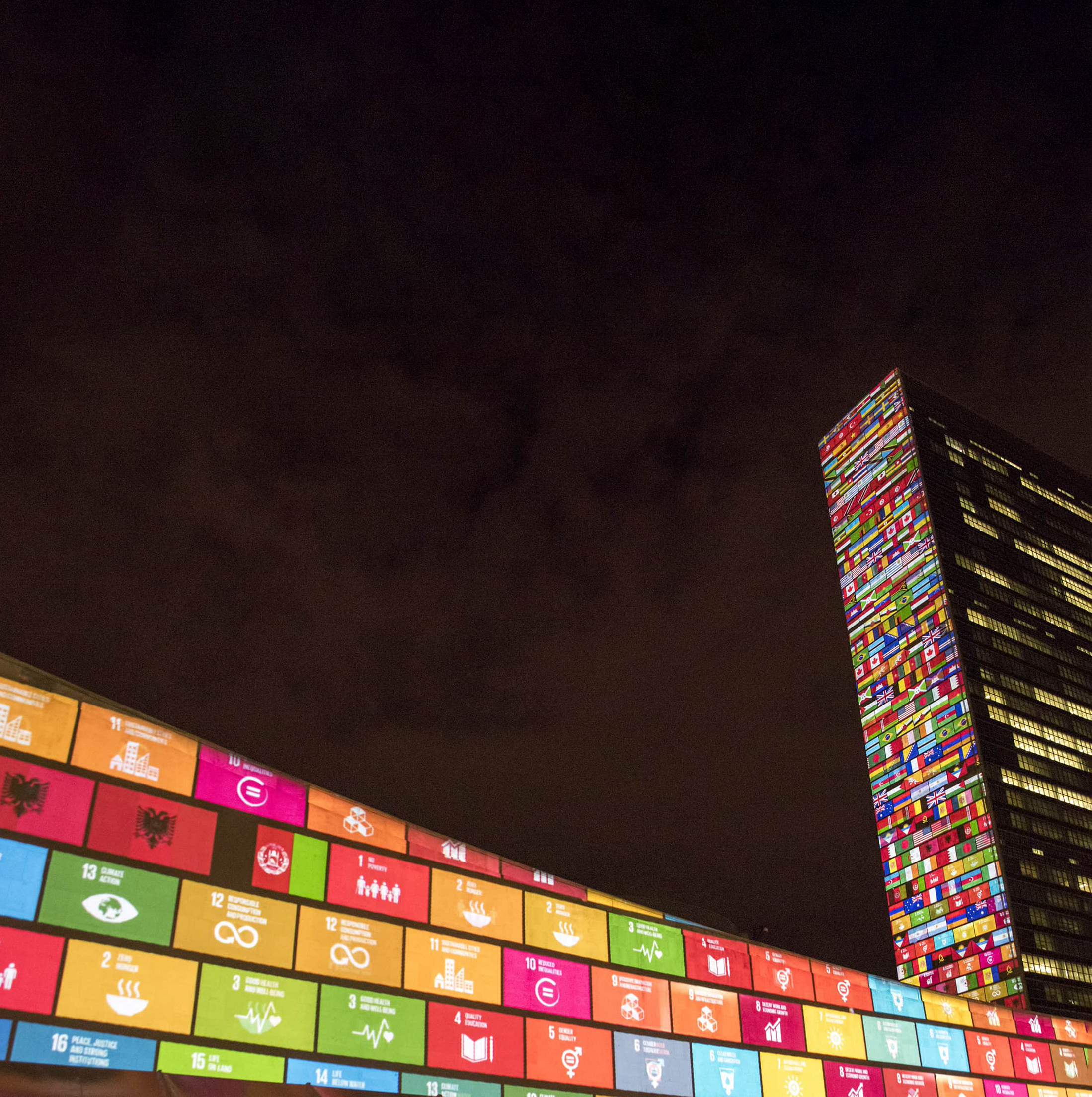Progress
Fulfilment of this provision in the work of SAIs is to a large extent aligned with implementation of SGDs and finds reflection in numerous audits in the areas of healthcare, education, poverty, gender equality (Algeria, Chile, Ecuador, Fiji, France, Mexico, North Macedonia, Indonesia, Russia). SAIs either have performed separate targeted audits or report to have adopted special programs and strategies to carry them out in a systemic way (ECA, Peru). The issue has been seriously affected by the pandemic, which aggravated the shortcomings and inequalities in many areas of our societies (Austria).
As the replies suggest, in order to enhance their impact in terms of inclusiveness SAIs undertake holistic approach and combine different types of audit for more effect (Jordan). Necessary measures are taken to adjust audit techniques, modify audit criteria and employ new technologies to tackle inclusiveness (Thailand, Malta). Moreover, SAIs strive to set an example of inclusive behavior by their own work and operations (UK, Jamaica, USA) and prioritize engagement with relevant external stakeholders that can contribute to the solution, such as target groups, academicians, NGOs, international community (Fiji, Malaysia, UK, USA). Efforts are constantly being made for identification and mobilization of resources to address inclusiveness and arrangements made for monitoring and reporting progress (India).
Austria:
ACA developed an indicator to include a specific number of audit-related recommendations on different aspects of equality and diversity. In terms of auditing, the ACA also carried out audits on inclusiveness, such as the audits on “Inclusive Education: What Does Austria’s School System Offer?” (volume Federation 2019/4) or “Gender Aspects in Income Tax Law with a Focus on Earnings Tax” (volume Federation 2017/52). Furthermore, as regards the share of women in the Austrian public service, the ACA attained the highest increase: in the past two years the share of women rose from 47.2 to 50.5 per cent.
China:
When carrying out real-time audit on the implementation of poverty alleviation policies, SAI China adheres to the goal of full-coverage poverty alleviation audit, focus on "Accuracy, Security and Performance", make more efforts to audit the implementation of poverty alleviation policies in deep poverty-stricken areas; and highlight the coordination between targeted poverty alleviation policies and the policies in the fields of industry, employment, ecology, education and social security, etc. Focusing on quality and effect of poverty alleviation, SAI China will consider the new situation, new problems and new trends in the field of poverty alleviation, integrate the performance concept into the poverty alleviation audit.
Challenges
The pandemic made it hard for SAIs to evaluate the results of the 2030 Agenda or success thereof (North Macedonia). The problems identified in addressing inclusiveness relate to its multifaceted character that can be interpreted in various ways, making it challenging for SAIs to cover all aspects (ECA). A number of SAIs still do not have formal authority to address such matters as inclusiveness due to the absence of public expenditures designated for this purpose (Haiti). Those who did engage in making inclusiveness part of their audit work, report to have encountered problems with availability of performance measurement systems that capture data related to the achievement of these goals (Malta), lack of competent auditors to perform analysis of such data and the need to spend more time and efforts compared to other audits (Malaysia). In this regard, training and support in auditing SDGs and inclusiveness shall be appreciated (Belize, St. Vincent and the Grenadines). One of the common challenges also relates to the need to change the culture of organizations and increase awareness of this important topic that will be helpful for the audit (Chile, ECA).
Plans
Inclusiveness is reported to constitute one of the main concerns for future development of audit approach (Yemen, Italy), though admittedly needs further conceptualization (Portugal). It is already being universally included as part of the SDG-related topics in multi-year programs, plans and strategies given the time left for implementing the 2030 Agenda (Algeria, ECA, Cyprus, Czech Republic, Peru, Myanmar). More importantly, inclusiveness has started to serve as a guiding principle during the planning stage of the audits (Indonesia). In the near future it will be inevitably addressed by SAIs in the process of auditing the COVID-19 emergency expenditures (France, Finland, Slovenia), which provided a new impetus to address the topic. Relevant multilateral initiatives, such as IDI-KSC-ASOSAI Cooperative Audit of SDG Implementation and efforts of INTOSAI and its regional organizations will support the national efforts (Myanmar, Chile).
Contact Us
The Accounts Chamber of the Russian Federation
Department for International and Regional Cooperation
119121, Russia, Moscow, Zubovskaya street, 2
